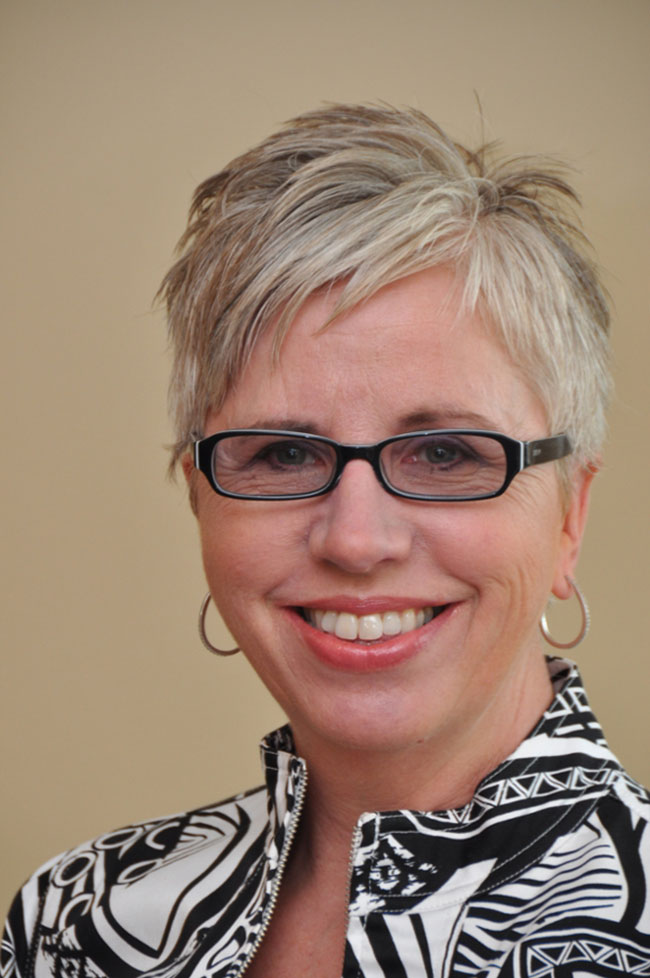
Features
Silencing the doubters
Karen Schwean-Lardner used an early naysayer as motivation and became one of the world’s leading poultry scientists.
January 2, 2021 By Brett Ruffell
 Karen Schwean-Lardner
Karen Schwean-Lardner Karen Schwean-Lardner, an associate professor with the Department of Animal and Poultry Science at the University of Saskatchewan (U of S), is one of the most highly regarded poultry scientists worldwide. She leads a research team that investigates the effects of management systems on the welfare and productivity of commercial poultry. Canadian Poultry editor Brett Ruffell chatted with her about taking risks, ignoring naysayers, the evolving role of women in agriculture and more.
Tell us a bit about your background in agriculture.
My research focuses on how management practices affect the well-being and productivity of a number of commercial poultry species. Particularly, we work with turkeys, laying hens and broilers. How I got here is a is a bit of a funny story. I still remember back in grade 12 my principal saying, “No, you cannot be working in science. That’s not what girls do.” And I found that so frustrating. I hope if there are still any young ladies getting this message that this interview helps them to say that’s not true. So, I ignored him, came to the U of S and did a degree in animal and poultry science.
What is it about animal welfare that interests you?
I have always been interested in animals and concerned for how their life is. I am a meat eater. I have no issues eating meat. But my core belief is that animals should have a good life to the point before we are able to slaughter them and consume them.
What is the biggest risk you’ve taken in your career?
I think that goes back to when I had two small kids at home, a full-time job and took on a master’s degree. I would work my full eight-hour days. I’d always pick up my kids and go home and spend the evening with them. And then I would work on graduate studies late into the night. It took me a long time to get through this process. It was a big risk. I still have some sanity left after all of that. But it’s amazing what people can do when they’re motivated.
What’s been the defining moment of your career?
My defining moment is an interesting one. And it comes back to my time working as a technician in the poultry science department at the University of Saskatchwan for Hank Classen. Every day we would all meet for coffee downstairs in the old basement. One day we spoke about animal welfare. At this time situations were changing, particularly in Europe with housing systems for hens. And the end of the conversation was, would you like to start a master’s program? And I said, yes. So that coffee break changed everything.
What’s the best piece of advice you’ve received?
The best piece of advice is to be confident in yourself. When you are confident in yourself, you can do anything. The second one is to keep an open mind and look for opportunities that might emerge. If I could go back, I would tell myself don’t let people convince you something’s impossible. If I had listened to that high school principal years ago, I would not be doing this job. I would be doing something very different. And that would be a loss because I love this job. If you want to do something, do it. It takes perseverance.
If you could go back to the start of your career, what advice would you give yourself?
Do not become a workaholic might be my first one. But it’s too late – we’re already there. Another thing that I would tell myself is don’t let people tell you you cannot do something. If I had listened to that high school principal years ago, I would not be doing this job. I would be doing something very different. And that would be a loss because I love this job. So, if you want to do something, do it.
How has the role of women evolved in your area?
In my undergraduate years, there were certainly fewer women in my fourth-year poultry class than there were men. That has completely switched. And now, for example, in my poultry class that I just ran last year with 62 students I had three males and 59 women. We’re starting to see that in some of the positions as well as in industry.
To hear our full interview with Karen, visit agwomen.ca
Print this page